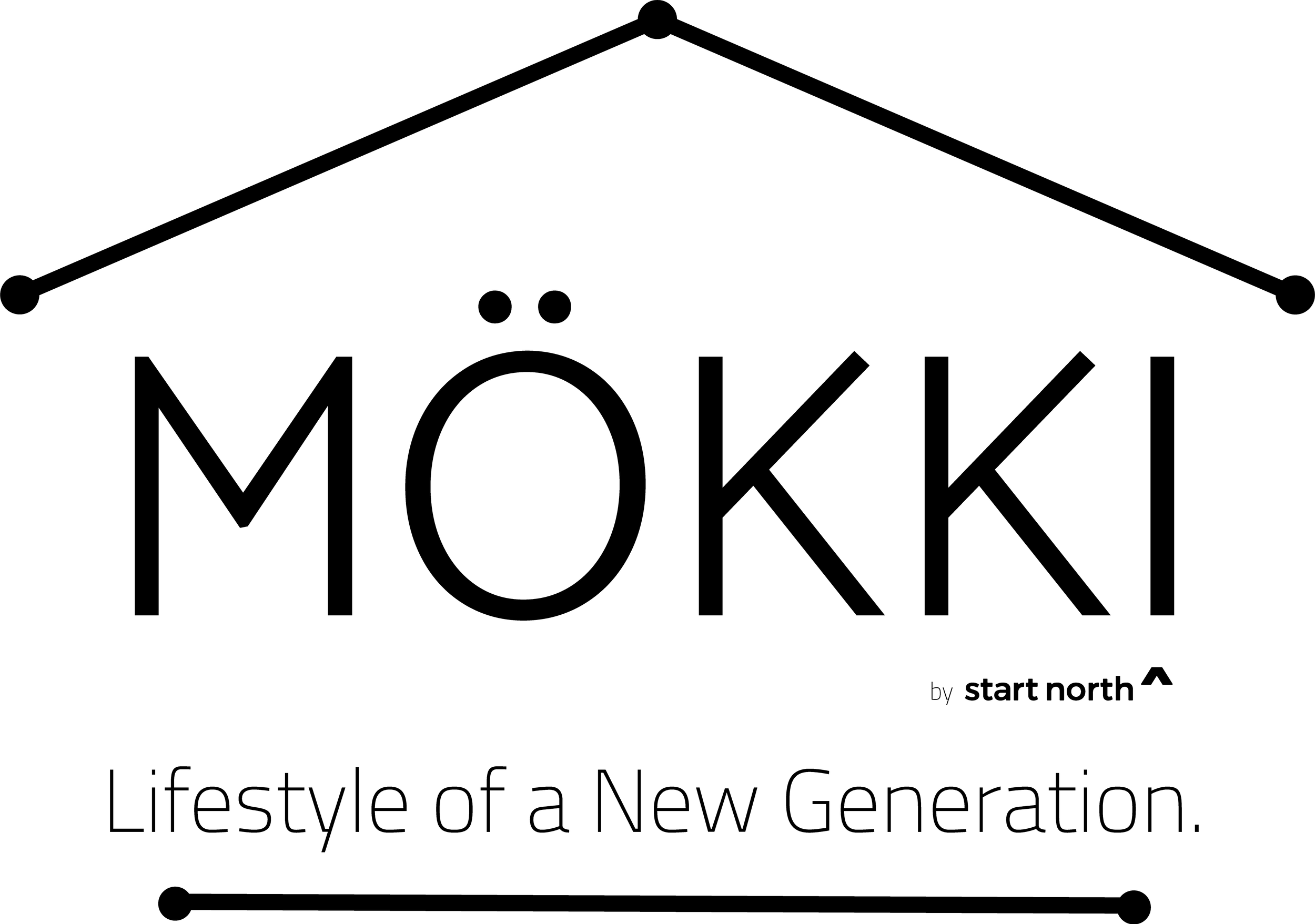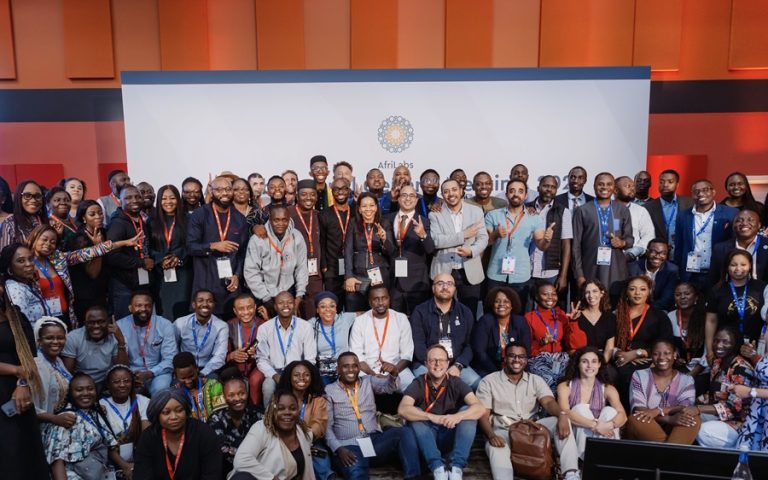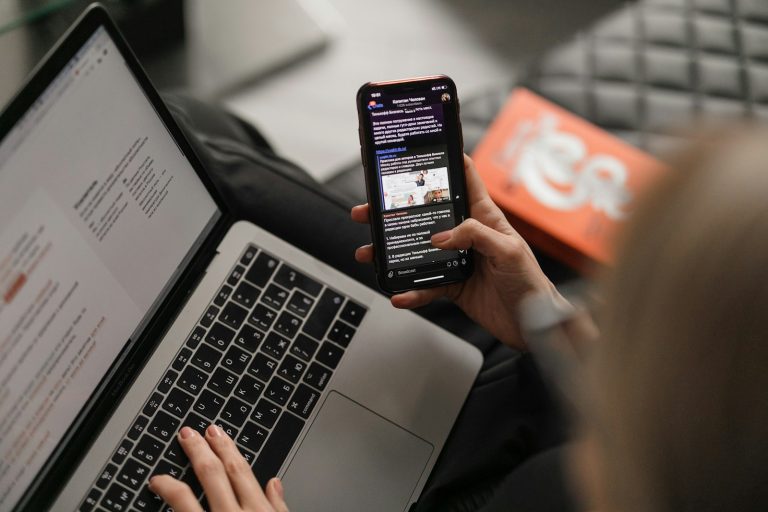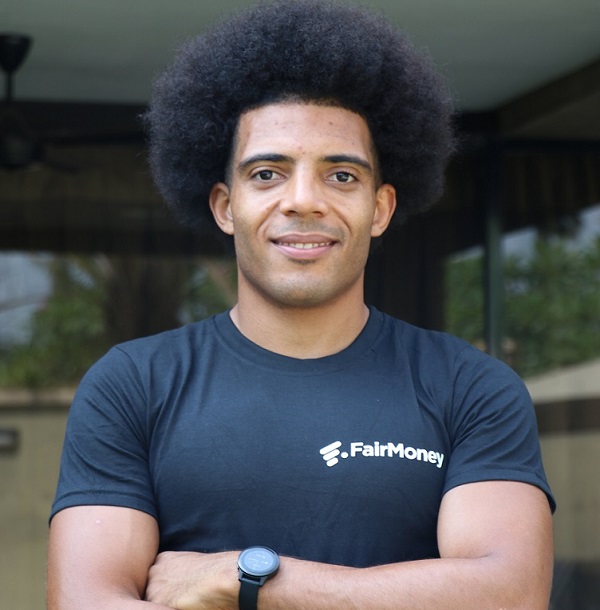5G Mokki Announces Plan to Transform Global Businesses in the African Technology Space Network

5G Mokki, an African technology space network and Cameroonian incubator, has revealed how it plans to use its Tech Spaces to connect Africa and Europe, fostering technology learning and adoption, remote work, and entrepreneurship.
Experts from the United States, Africa, and Europe discussed the business opportunities that the latest communications and network technology, remote learning, work, and entrepreneurship from Africa can bring to U.S. companies during a panel discussion at Aalto University’s 5G Summer School on Thursday. These are opportunities for a good impact on African economies at the same time. Start North, a Finnish technological learning accelerator network, hosted the webinar.
In addition to supporting education, jobs, and regional economic growth, the network aspires to use cutting-edge technology to combat climate change.
Rather than focusing on the African-European connection this time, the conversation focused on the potential of a Tech Space network for American businesses eager to seize fresh opportunities quickly. The goal of this conversation was to showcase the many prospects and advantages of the 5G Mokki Tech Space network for international firms who hire tens of thousands of employees each year and undertake hundreds or thousands of innovation and technology projects.
The word’mokki’ comes from the Finnish word’mökki,’ which means ‘cottage.’ Innovative uses of fifth-generation (5G) mobile communication technologies are possible because to the cottage. Mokki uses previous-generation technology where 5G frequencies and networks are not yet available.
Mokki already delivers experience and know-how connected to the latest 5G technology and its application in various different sectors that are crucial for each region, regardless of the technology it runs on. Mokki is a driving force behind the development of fixed and 5G networks in Africa’s underserved areas. One of the fastest and safest ways to grow areas is to invest in fixed networks, cutting-edge mobile technology, and renewable energy, all while deploying Mokkis to speed up education, work, and other services.
The panel discussion focused on the numerous advantages that multinational companies might gain from collaborating with the 5G Mokki Tech Space network.
Professor Leonard Wantchekon of Princeton University pointed to China and Asia as an example of a place that has enhanced economic growth and productivity in recent decades. Africa is the next continent, analogous to Asia, that will provide businesses with experience and other resources. It is known for its natural resources and enormous young population.
We’ve learned the advantages of remote learning, labor, and business as a result of the Covid epidemic. New resources can be swiftly made accessible to firms to help them build their businesses and boost regional economic growth by utilizing cutting-edge technology. This is aided by the 5G Mokki network.
Professor Wantchekon also founded the African School of Economics, which has campuses in Nigeria, Ivory Coast, and Benin and enrolls students from over 20 African countries. He believes that 5G Mokki can help fund research activities and provide cutting-edge teaching materials to students across campuses.
Professor Marko Nieminen of Finland’s Aalto University argues that cutting-edge network and communications technology, along with new energy and electrical solutions, creates entirely new prospects for exporting know-how, work, and business, even in underserved rural areas. Businesses will benefit from additional expertise and other resources as a result of this.
Professor Nieminen spoke about his research team’s hands-on development efforts in Namibia and Zambia, where they developed electrical and energy systems as well as internet connections. Villages have advanced to a new level of development in a short period of time. Aalto University, as a member of the Start North network, is now using the 5G Mokki network for research and education in order to facilitate and accelerate development.
Dr. Olatundun Adelegan, a Nigerian now working as a Visiting Professor at Aalto University, presented research findings on what is impeding or preventing Africa’s growth. Infrastructure limitations, poor learning results, poor internet connections, youth unemployment, the negative consequences of climate change, and financial marginalization were all mentioned as barriers to economic progress.
She went on to say that a strong information and technology network will foster innovation in education and entrepreneurship, as well as improve financial inclusion and the adoption of digital financial services and mobile money among rural residents and promote trade.
Furthermore, strong internet and digital technology will mitigate the negative effects of climate change by providing early warning systems for extreme weather events (floods, droughts, storms, and heat waves); boosting agriculture yield with digital information on the onset of rainfall and sensors to monitor soil and plant conditions; minimizing post-harvest loss from farm-to-fork; and enhancing online nomadic education on adaptation techniques to minimize conflicts between farmers and consumers.
A strong information and technology network will help Sub-Saharan Africa’s ability to generate new business and attract foreign corporations and investors greatly.
After spending seven years overseas, Mr Boris Ngala, the founder and CEO of BB Incubator in Douala, Cameroon, and one of the co-founders of the 5G Mokki Tech Space network, returned home with a mission to decrease poverty through technology-driven solutions, entrepreneurial training, and business advice.
He jumped at the chance to promote a concept that connects young people in Africa to each other and to other countries when he heard about the 5G Mokki concept and its potential to expedite the learning and implementation of new technologies for the benefit of the region and its youth.
“The 5G Mokki Tech Space network has the enormous potential to serve international and local companies, to provide creative economy and technology-based jobs, and to promote entrepreneurship based on the learning of the latest technology and hands-on projects that serve local conditions,” said Mr Douglas Ogeto, Co-Founder and CEO of Ludique Works, a Pan-African video game publishing company based in Nairobi, Kenya. Furthermore, strong national and international partnership with universities and businesses supports this.”
He is also a co-founder of the 5G Mokki Tech Space network, which he co-founded recently. Every year, Ludique Works runs a number of game development and business acceleration programs across Africa. The 5G Mokki network expands game makers’ commercial prospects dramatically.
Atte Leskinen, one of the driving forces behind Start North, the Finnish technology learning accelerator network, and one of the inventors of the 5G Mokki learning and technology environment told that 5G Mokki is a concept invented by young people themselves and developed together with experienced professionals.
The concept was tested and refined at an early level in major American colleges such as Stanford, UCLA, UC Berkeley, and USC, and has since been further developed in collaboration with premier universities and industries in Finland and the Nordic countries.







